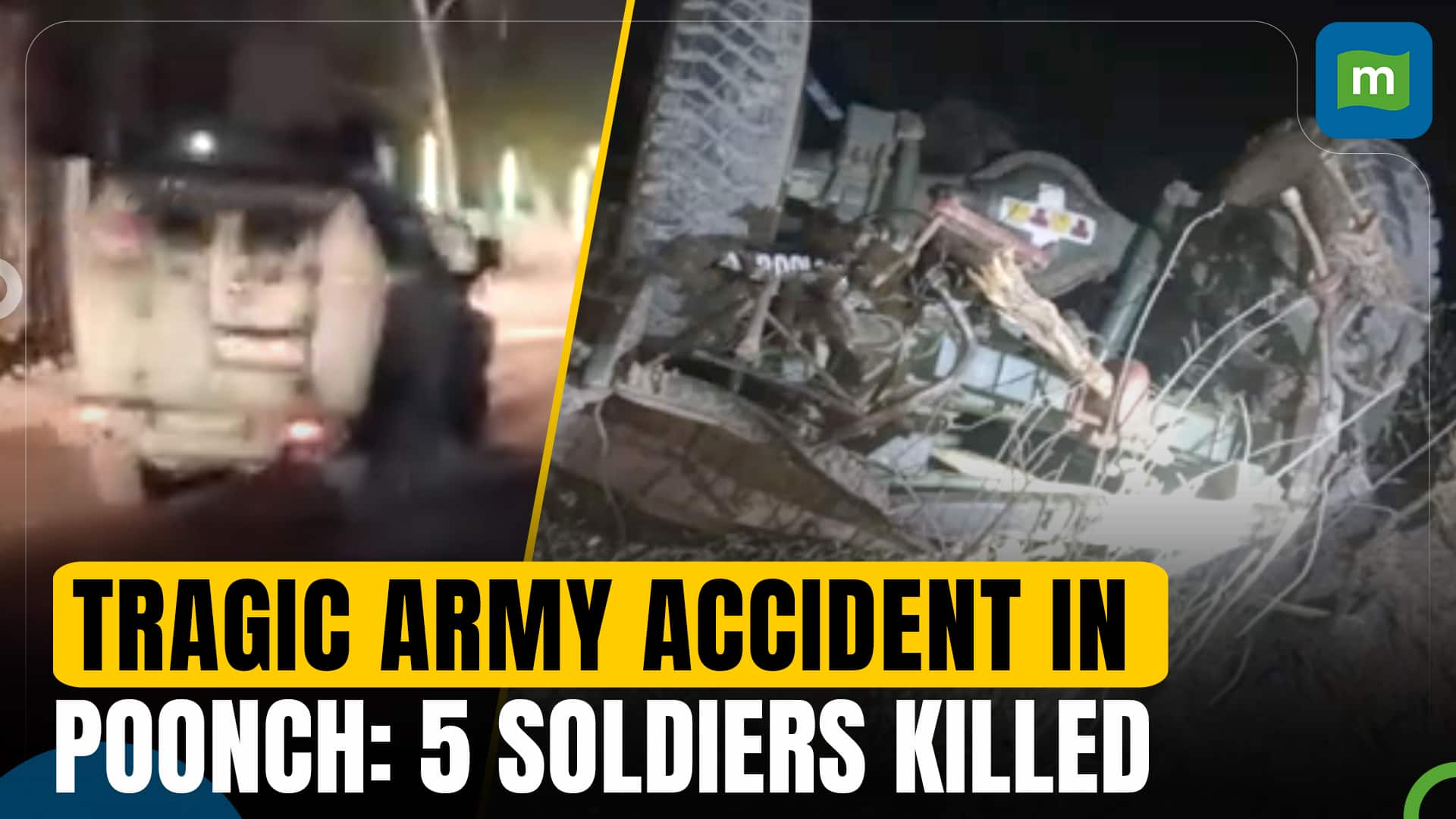 |
|
The tragic accident in Poonch, Jammu and Kashmir, which resulted in the deaths of five Indian soldiers and injuries to five others, underscores the inherent risks faced by military personnel in challenging terrains. The incident, involving an army vehicle skidding off the road and plunging into a deep gorge, highlights the need for stringent safety protocols and rigorous driver training within the armed forces. The depth of the gorge, estimated at 300-350 feet, speaks to the severity of the impact and the likely force involved in the accident. The fact that the vehicle was part of a convoy traveling between Nilam Headquarters and Balnoi Ghora Post suggests a routine operational movement, making the incident all the more poignant. The investigation into the cause of the accident, focusing on whether the driver lost control at a sharp turn, is crucial not only to ascertain responsibility but also to identify any systemic issues that might need addressing to prevent future occurrences. The prompt evacuation of the injured soldiers to a field hospital, while one remains in critical condition, demonstrates the swift response capabilities of the army's medical services.
The incident raises important questions about road safety and maintenance in mountainous regions. The terrain of Jammu and Kashmir, characterized by its steep inclines, sharp turns, and unpredictable weather conditions, poses significant challenges for drivers. The roads themselves may require further improvements, including enhanced safety features, improved signage, and regular maintenance to mitigate the risk of such accidents. Furthermore, the incident prompts consideration of the psychological impact on the soldiers involved and their families. Losing comrades in such a sudden and tragic manner can have profound and lasting emotional consequences. Support systems within the army are essential to assist affected personnel and provide counseling to mitigate the trauma associated with such losses. The army's swift action in ruling out any terrorist involvement highlights the immediate focus on the incident's immediate cause and reassuring the public that this was a tragic accident rather than a deliberate attack.
Beyond immediate responses, the incident compels a thorough review of existing safety measures and protocols within the Indian Army. This should encompass a comprehensive assessment of vehicle maintenance, driver training programs, and route planning procedures. Incorporating advanced technologies, such as improved navigation systems and driver-assistance features, could enhance safety and reduce the risk of future accidents. Furthermore, a detailed analysis of the accident site, including the road conditions, weather patterns, and visibility at the time of the incident, should be undertaken. This will enable the identification of potential contributing factors and inform future preventative measures. The investigation needs to be transparent and its findings publicly shared, assuring accountability and promoting trust in the army's commitment to the safety of its personnel. The loss of five soldiers is a heavy blow, highlighting the ever-present risks faced by those who serve in the armed forces, and underscoring the need for continued vigilance and a commitment to continuous improvement in safety measures.
Source: Tragic Army Vehicle Accident in J&K’s Poonch: 5 Soldiers Killed
